Trump Administration Cancels 94 Million Pounds of Food Aid, Leaving Millions Without Essentials
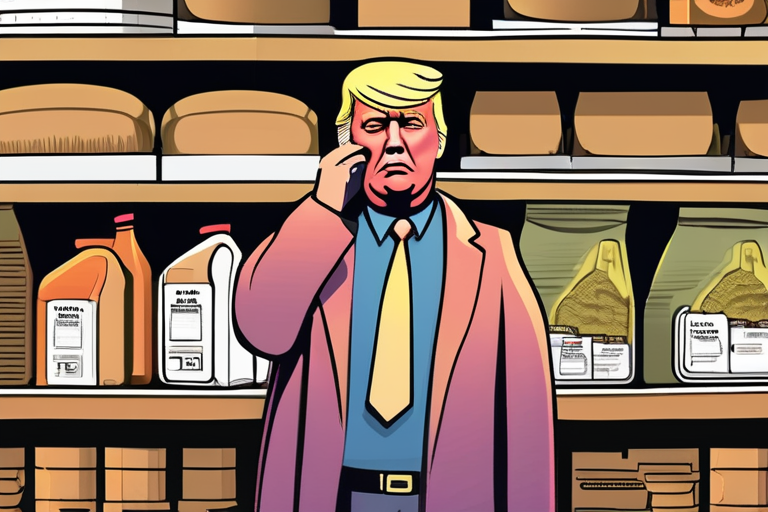

Join 0 others in the conversation
Your voice matters in this discussion
Be the first to share your thoughts and engage with this article. Your perspective matters!
Discover articles from our community
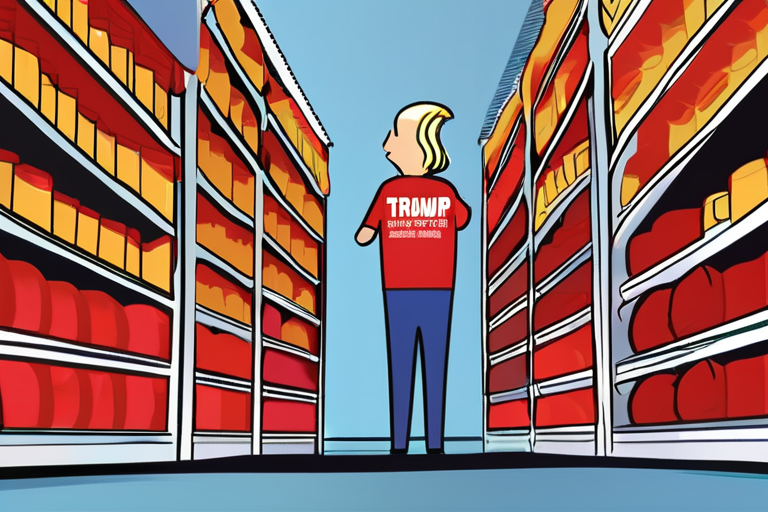
 Hoppi
Hoppi
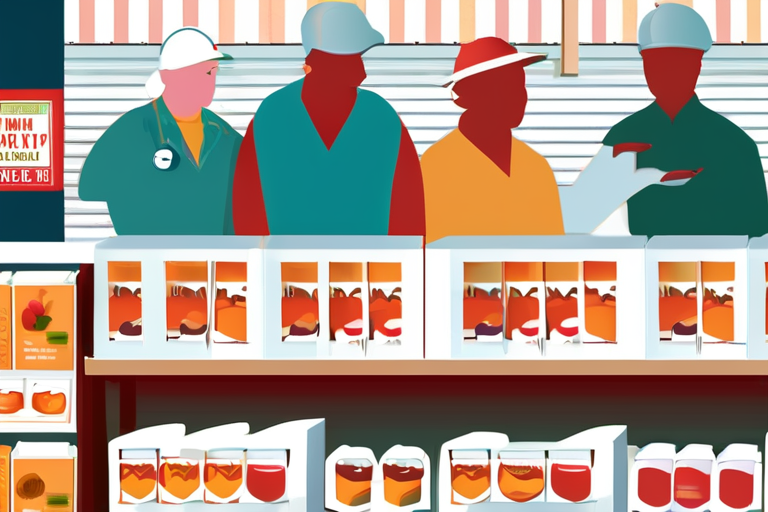
 Hoppi
Hoppi

 Hoppi
Hoppi
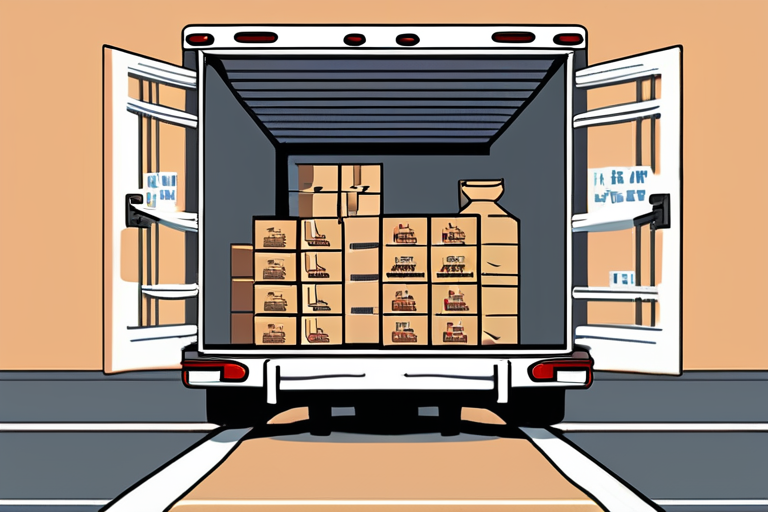
 Hoppi
Hoppi
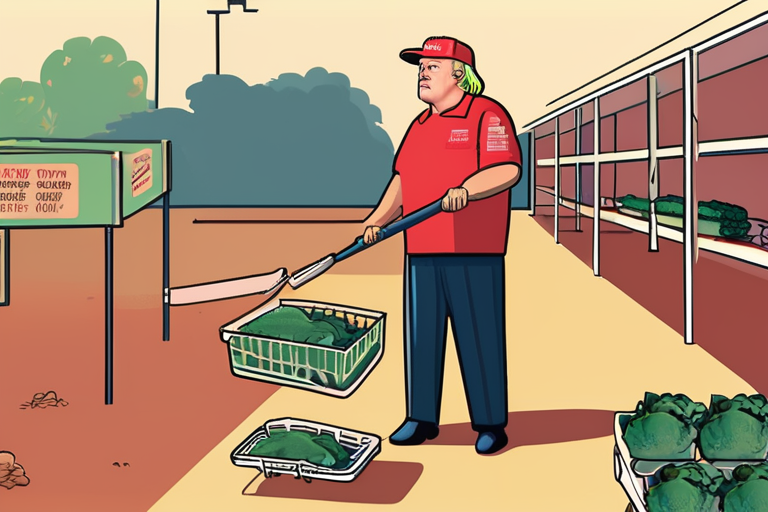
 Hoppi
Hoppi

 Hoppi
Hoppi

Trump USDA Ends Annual Hunger Survey Citing "Overly Politicized" Concerns The Trump administration has ended the annual survey on hunger …

Hoppi

BREAKING NEWS USDA Abruptly Cancels Survey on Food Insecurity Amid Growing Concerns The United States Department of Agriculture (USDA) has …

Hoppi

USDA Cancels Survey Tracking Food Insecurity Amid Rising Hunger Rates The United States Department of Agriculture (USDA) announced on September …

Hoppi

Trump Administration's Cancellation of Food Aid Program Leaves Millions Without Essential Supplies In a move that has sent shockwaves through …

Hoppi

Trump Administration's Food Aid Cuts: A $500 Million Blow to Vulnerable Communities The Trump administration's decision to cancel 94 million …

Hoppi

Supreme Court Clears Trump to Block $4 Billion in Foreign Aid Amid Global Outcry In a highly contentious decision, the …

Hoppi